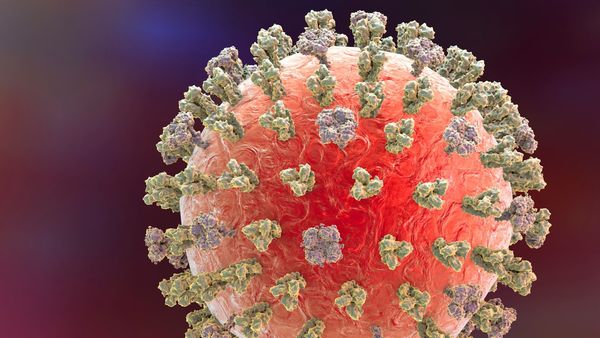
Prime Minister Scott Morrison has defended his decision to cut the cost of medications for everyday conditions such as blood pressure and high cholesterol next year, rather than in the recent budget.
Mr Morrison on Saturday unveiled the $150 million cost-of-living measure that will benefit millions of Australians by reducing the price of medications listed under the Pharmaceutical Benefit Scheme (PBS) from January 1.
The $10 savings per script would see the price of PBS medicines drop from $42.50 to $32.50 and would ease the hip-pocket pressure on more than 19 million Australians each year, he said.
“What we did in the budget was put in place temporary measures to deal with the cost of living,” Mr Morrison told reporters in Tasmania where he announced the plan.
“What this is, is the next step. Those temporary measures provide a transition to other longer term measures and this is a longer term measure.”
Legislation was also needed to ensure current discounts remain in place, Mr Morrison said.
“This is an important change for the future and it will be done in a methodical way,” he said.
The savings mean an Australian taking a common medication once a month could save $120 a year, while those taking two a month could save $240 a year.
National president of the Pharmacy Guild of Australia Trent Twomey welcomed the announcement.
“This reduction will help Australians struggling with the cost of living to make ends meet without delaying, deferring or skipping their prescription medicines,” he said.
The medicines announcement comes as cost-of-living pressures dominate the election campaign, with inflation spiking to a 20 year high, power prices rising and interest rates expected to rise as early as next week.
The Reserve Bank board meets on Tuesday to decide whether to proceed with the first cash rate rise in 12 years, taking it above a historically low 0.1 per cent.
The last time interest rates rose during an election campaign was in 2007 when the Howard government lost to Labor.
Treasurer Josh Frydenberg has been forced to hose down suggestions he was trying to influence the RBA to hold off on a rate rise during the election campaign.
On Thursday, Mr Frydenberg told reporters the RBA had previously stated it wanted to see “inflation sustainably within their (two to three per cent) band and … significant wages growth before they start to move”.
While the inflation rate was released this week, hitting a two-decade high of 5.1 per cent, the wage price index is not due to be released by the Australian Bureau of Statistics until May 18 – three days out from the election.
Asked on ABC Radio whether he was urging the RBA to wait for the wages data, Mr Frydenberg said it was an independent decision for the board.
“I’m not saying that I will pre-empt in any way a decision of an independent board,” he said.
“I do point out … that inflation hasn’t been within that target band of two to three per cent between 2014 effectively and 2021. It wasn’t sustainably within that band.
“Now we are seeing higher inflation … but we’re already starting to see some of those pressures around fuel, for example, ease off and the expectation from Treasury is it will come down further over time.”
The rising cost of living is expected to feature heavily in Labor’s official campaign launch in Perth on Sunday.
Exiting a week of COVID-19 isolation on Friday, Labor leader Anthony Albanese said the issue could be addressed by lifting wages, making child care cheaper and pushing down power prices through a comprehensive energy plan.







